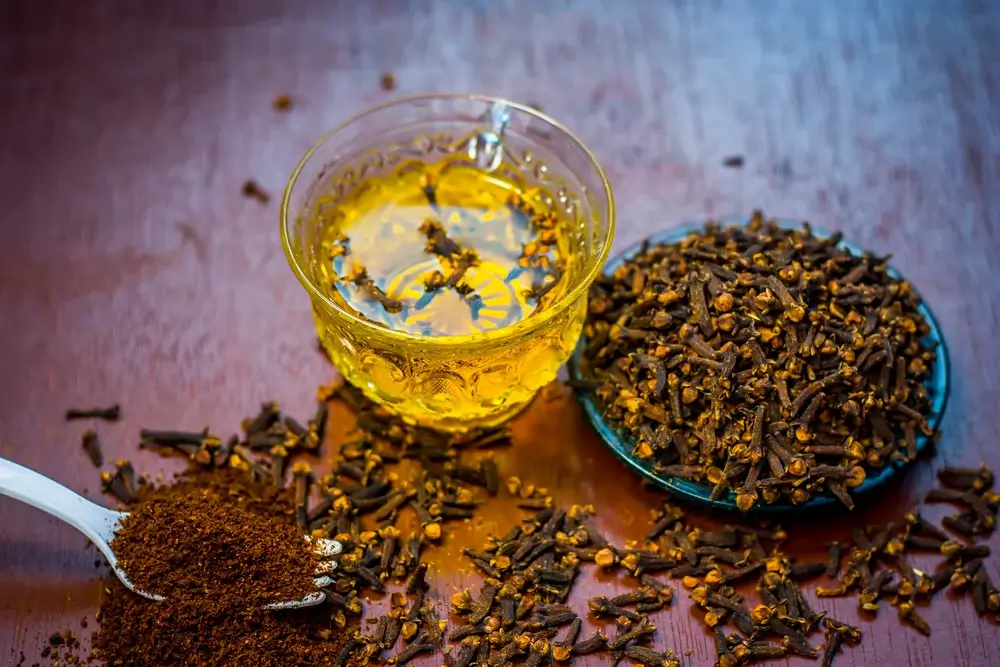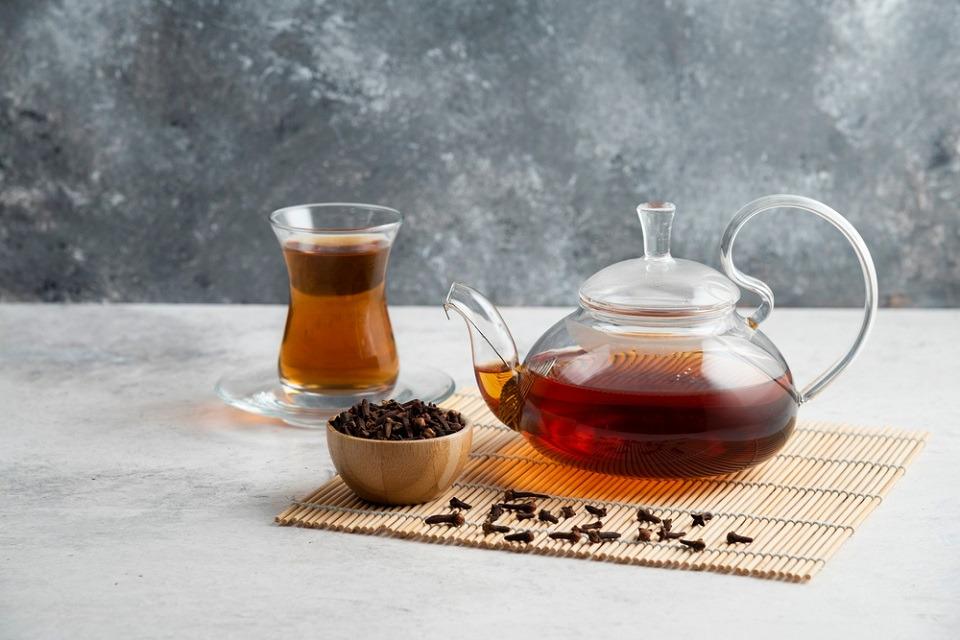Clove tea isn’t just a warm, spicy beverage for cold evenings—it’s also a natural remedy packed with health-boosting compounds. Whether you’re looking to soothe digestion, support immunity, or simply enjoy a flavorful herbal tea, clove tea can be a potent addition to your wellness routine.
However, like all herbal remedies, it’s important to understand both the benefits and potential risks before making it a daily habit.
🌿 What Is Clove Tea?
Clove tea is made by steeping dried clove buds—the aromatic flower buds from the Syzygium aromaticum tree—in hot water. Native to Indonesia, cloves are widely used in both culinary and medicinal traditions, especially in Ayurvedic and traditional Chinese medicine.
The tea has a warm, spicy, slightly sweet flavor and is rich in eugenol, a powerful antioxidant and anti-inflammatory compound.
🌟 Health Benefits of Clove Tea
1. 🛡️ Boosts Immunity
Clove contains antioxidants that help protect your body from oxidative stress and free radicals. Eugenol, its primary active compound, may help fight off pathogens and support your immune system.
2. 🤒 Fights Infections and Inflammation
Thanks to its antibacterial and antiviral properties, clove tea may help relieve sore throats, reduce inflammation, and support respiratory health—making it a go-to during cold and flu season.
3. 🦷 Relieves Toothache and Oral Pain
Clove is traditionally used for oral pain relief. Drinking clove tea or using it as a mouth rinse may help soothe toothaches, gum inflammation, and bad breath due to its natural antiseptic qualities.
4. 🧘♀️ Aids Digestion
Clove tea can stimulate digestive enzymes, helping to reduce bloating, gas, and indigestion. It’s often consumed after meals in many cultures for this reason.
5. ❤️ Supports Liver Health
Eugenol may help protect the liver by reducing inflammation and oxidative stress. Some animal studies suggest that regular intake of clove extract could enhance liver function.
6. 🌿 May Help Regulate Blood Sugar
Preliminary studies indicate that clove may assist in managing blood sugar levels by improving insulin sensitivity—making clove tea a smart addition for people with type 2 diabetes or prediabetes (always consult your doctor first).
🫖 How to Use Clove Tea
🔹 Basic Clove Tea Recipe
Ingredients:
- 3–4 whole cloves
- 1.5 cups of water
- Optional: honey, lemon, cinnamon stick
Instructions:
- Bring water to a boil.
- Add cloves and let simmer for 5–10 minutes.
- Strain and serve. Add honey or lemon for flavor if desired.
🔹 Other Uses
- Gargle: Use warm clove tea as a mouth rinse for oral discomfort.
- Digestive tonic: Sip after meals to ease digestion.
- Steam inhalation: Add clove tea to hot water and inhale to ease sinus congestion.
⚠️ Contraindications & Precautions
While clove tea is generally safe in moderate amounts, it’s not for everyone.
🚫 Avoid or Limit If You:
- Are pregnant or breastfeeding: High doses of clove (especially clove oil) are not recommended during pregnancy.
- Have bleeding disorders: Eugenol can thin the blood, so avoid if you’re on blood thinners or have clotting issues.
- Are taking anticoagulants: Clove may enhance the effects of blood-thinning medications like warfarin.
- Have liver conditions: While small amounts may support liver health, excessive clove intake (especially oil) can be toxic to the liver.
- Have a known allergy to cloves: Naturally, avoid clove tea if you’ve had allergic reactions to cloves or related spices.
⚠️ Use in moderation
1–2 cups per day is typically safe for most people. Avoid using clove oil internally unless under professional guidance—it’s highly concentrated and can be toxic in large doses.

Clove tea is a warming, flavorful herbal drink that offers impressive health benefits—from boosting immunity and aiding digestion to fighting inflammation and bacteria. However, like all natural remedies, it should be used wisely and mindfully.
Whether you’re sipping it to soothe a sore throat or adding it to your self-care routine, clove tea can be both a comforting ritual and a natural health booster—just be sure to keep an eye on dosage and possible interactions.

